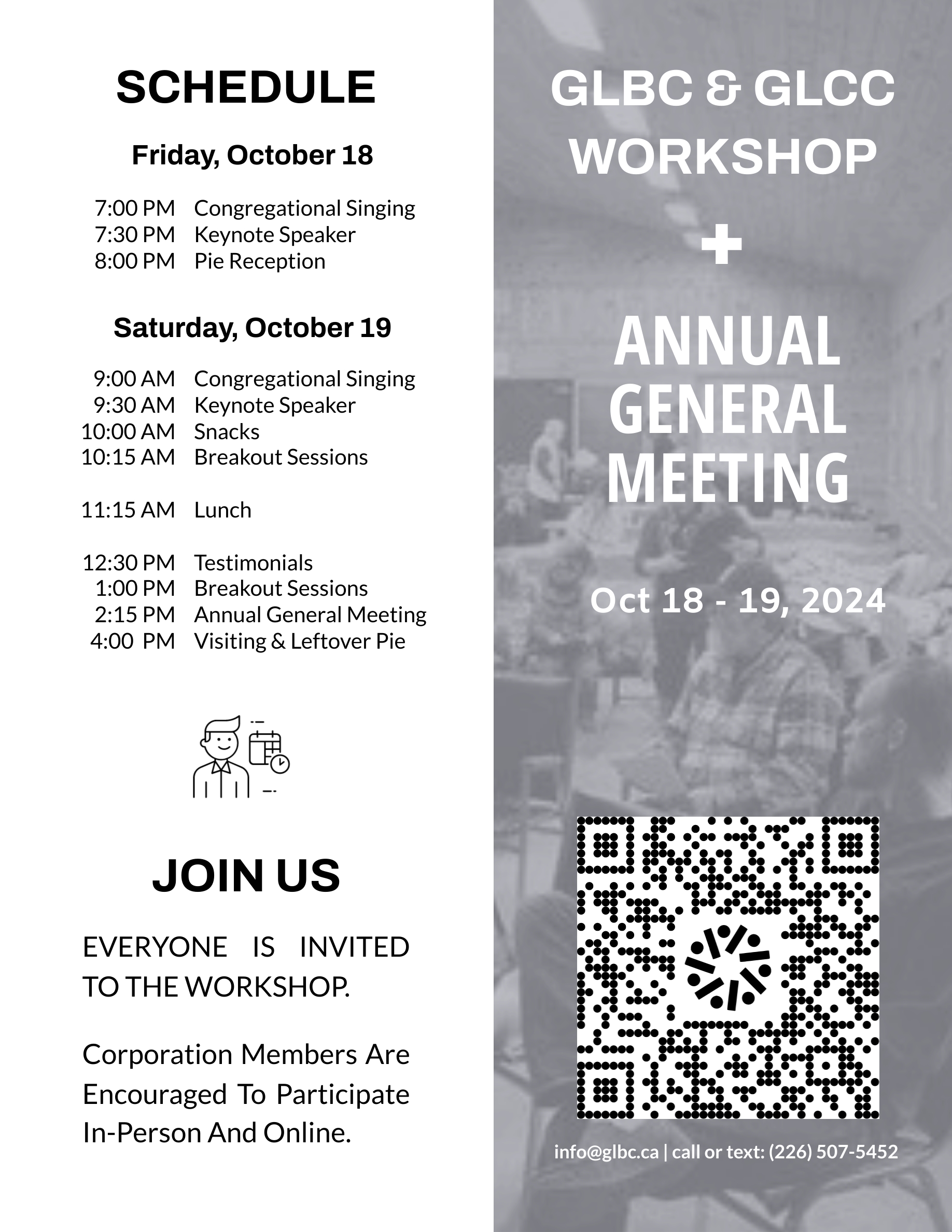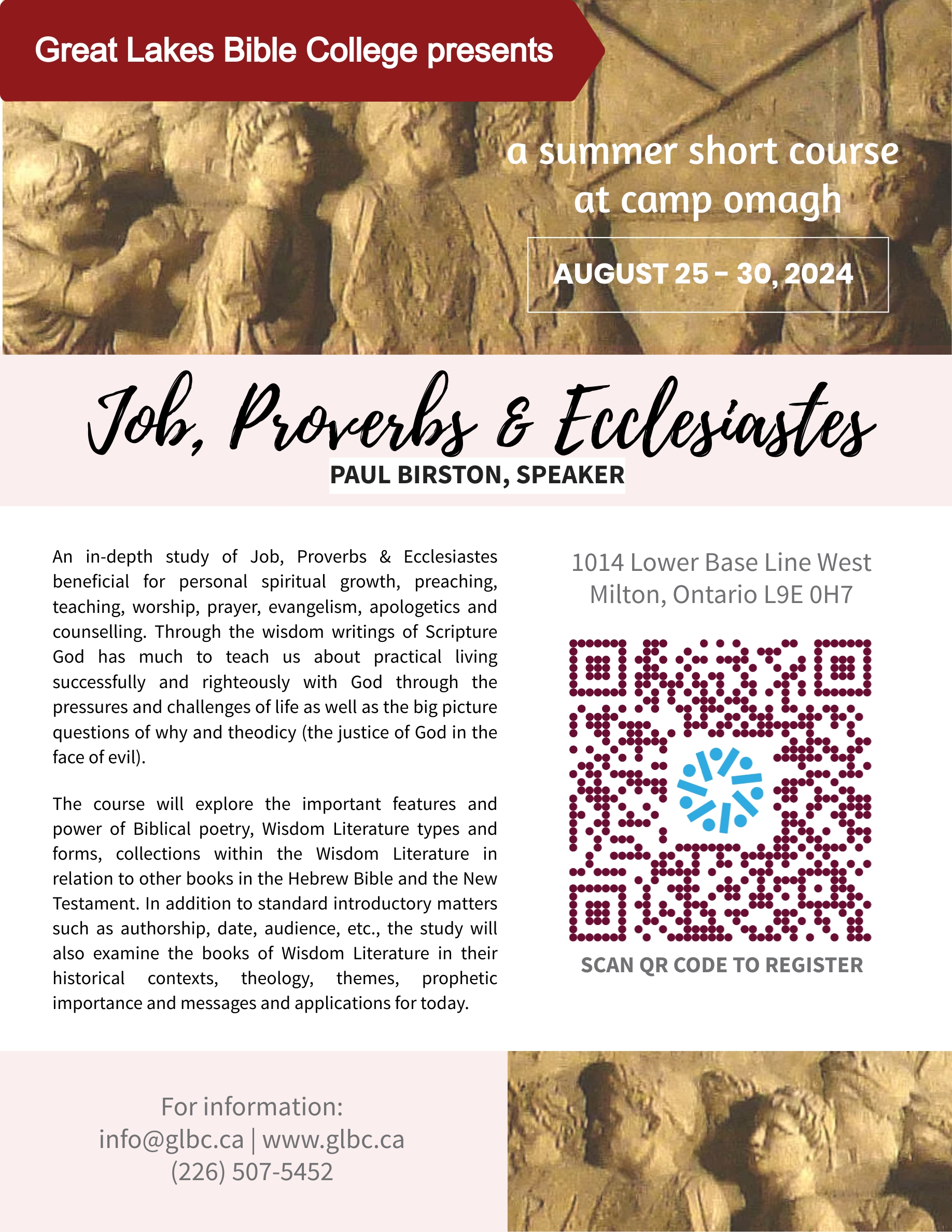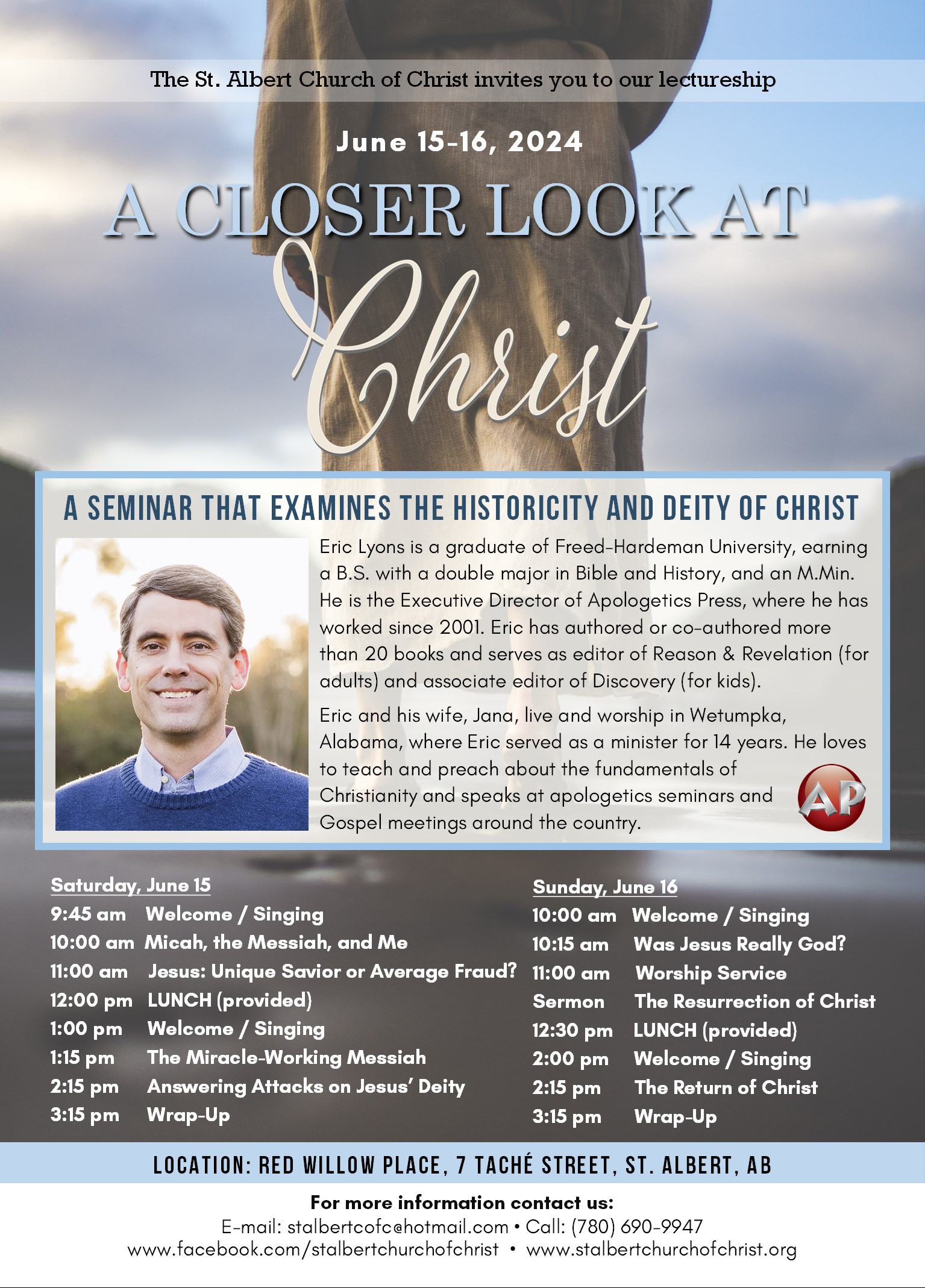I Desire Mercy and not Sacrifice (Hos. 6:6)
The Gospel of Matthew records two occasions when Jesus responded to the Pharisees by quoting from Hosea 6:6. The first took place when the Pharisees were offended by Jesus’ association with sinners (Matthew 9:10-13) and then again when they objected to his disciples picking grain on the Sabbath (Matthew 12:1-8). What Jesus meant was, that had the Pharisees properly interpreted and applied the words of Hosea, they would not have objected as they did.
All of which raises the question; what then does Hosea 6:6 mean?













The verse reads,
“For I desire mercy and not sacrifice, and the knowledge of God more than burnt offerings” (NKJV). Jesus, in both encounters, only quoted the first half of the verse, “For I desire mercy and not sacrifice.”
The word translated “mercy” is the Hebrew word kesed. It is translated as “goodness,” “kindness,” and “faithfulness” according to Brown, Driver, and Briggs in their Hebrew Lexicon. Remembering that context determines meaning, what then did Hosea mean?
In Hosea 6:1-3, the prophet encouraged God’s people to react to their present troubles (punishments from God) by returning to God. Hosea says that all their hurts would then be healed. In Hosea 6:4, 5, God admonished Israel (both Ephraim, the northern kingdom; and Judah, the southern kingdom) for their lack of faithfulness. Their faithfulness was temporary and had disappeared, like the morning clouds. God was punishing them because of their lack of faith and more precisely (in Hosea 6:6) for their lack of “mercy.” While it was true that they offerered lots of sacrifices, God wanted faithfulness and goodness and not just sacrifices. Therefore the balance of Hosea 6 expresses divine condemnation for Israel’s evil while foreshadowing their captivity.
So, what was Jesus saying to the Pharisees?
The Pharisees were all about observing the fine details of the Law of Moses, but they had missed the purpose. They were keeping the Law, but doing so without love and compassion (Matthew 9). They had abandoned the purposes for which God gave the Law (Matthew 12) . And without these, the law had turned into something cold and hateful.
How does this apply to us?
Though we now live under the Law of Christ (Galatians 5:14; 6:2; 1 John 2:7-11), it is certainly possible for us to make these same kind of mistakes. We may keep some of Jesus’ commands but fail to love the lost, our brethren, or even God. We are to worship in spirit and truth (John 4:24), not in truth alone. We can do “right” in the wrong way and make it wrong. Beware. God doesn’t want our relationship with Him to be shallow, made up of short lived feelings and empty words. He does not want empty ritual or hearts that are enthusiastic one day and indifferent the next. “For I desire mercy [loyal love, compassion, kindness], and not sacrifice, and the knowledge of God more than burnt offerings” (Hosea 6:6). Superficial ritual can never take the place of sincere love and faithful obedience (1 Samuel 15:22-23; Amos 5:21-24; Micah 6:6-8; Matthew 9:13; 12:7).
Let us then come to a full understanding of what it means that, God “desires mercy (goodness/kindness/faithfulness) and not sacrifice.” Let us take an inventory of our own devotion to the Lord. How long lasting is it? How deep, how strong, how serious and dependable is it? And let us show the same mercy to others, that God has bestowed upon us.
